Like all great rock bands, Crematory have based their success on the creativity of a well-rehearsed songwriting team. With Germany’s leading gothic metal act, it’s drummer Markus Jüllich in collaboration with the producer of each individual album that’s kept the group’s compositions on course for more than twenty five years. At the same time, Jüllich has enough experience to know that the band’s evolution depends on fresh ideas and new influences. So, by enlisting guitarists Tosse Basler and Rolf Munkes and, soon after, bassist Jason Mathias he has ensured that the band has remained contemporary and diverse ever since their 2016 release Monument, reaping the fruits his efforts on the new album Oblivion. “In particular, the sound and the selection of songs reflect the impact our three new band members have had,” comments the drummer. “Tosse is a fantastic rhythm guitarist who adds even more diversity to the material with his clean vocals, and our lead guitarist Rolf enhances the record with his solos. Jason has added lots of drive to the deep frequencies, which is why we’ve consciously opted for a loud mix of the bass parts.” Along with his wife Katrin (keyboards & samples) and vocalist Felix Stass, the three new additions are important factors that ensure that Crematory find themselves in a contemporary and forward-looking position in 2018.
In fact, the band went one step further on Oblivion: while Markus Jüllich and producer Kristian Bonifer were busy working on the basics of their new recording at the Kohlekellerstudio, Stefan Glass, Dirk Riegner and Walter Stobbe were asked to contribute additional input to the creative process. “Dirk comes from the indie genre and helped to add an important new nuance to the characteristic Crematory approach,” Jüllich explains. “Stefan Glass is a specialist for orchestral arrangements and Walter Stobbe is a real riff virtuoso on the guitar.” The result is thoroughly compelling as well as ingenious. Crematory’s unmistakable style manifests itself on methodical numbers such as Ghost Of The Past and Revenge Is Mine, but also on the anthemic Wrong Side and the melancholy title track. The Stefan Glass-inspired orchestral arrangements can be heard on the dark opener Salvation as well as on Until The Dawn, Blessed and For All Of Us. Walter Stobbe’s penchant for heavy metal features on Cemetary Stillness and on the album’s impressive finale Demon Inside. Talking of impressive: the video shoots and also the photo session for the album took and are still taking place at Baden-Wuerttemberg’s Bruchsal Castle, the former residence of the prince bishops of Speyer.
Fom all this evidence you’d be right in surmising that Crematory have rarely sounded as multi-faceted and timeless as on Oblivion. The group’s classic trademarks, such as Felix Stass’s deep growls, are still present, at the same time new influences emphasise their great commercial potential. Markus Jüllich: “So far we’ve had a special motto to set the direction of each of our albums, but Oblivion simply combines all our strengths and experience. Over the years we’ve learned to blend different styles into the typical Crematory sound without ever losing sight of the importance of playing in a way that benefits our music. The motto “less is more” applies to our compositions one hundred per cent. Crematory songs never lose themselves in exaggerated effects but always go the whole hog. That’s partly due to the fact that we’ve remained very much down-to-earth.”
Which is exactly what Crematory’s countless fans will be able to witness when the band embark on their 15-show tour of Germany at the end of April 2018. As Markus Jüllich aptly puts it: “Even if we know exactly what matters when you tour, we want to learn something new with every new concert.”


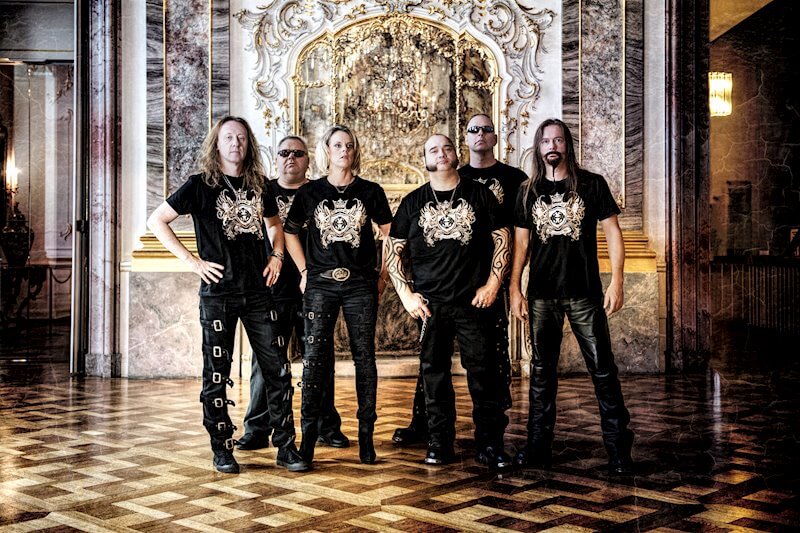
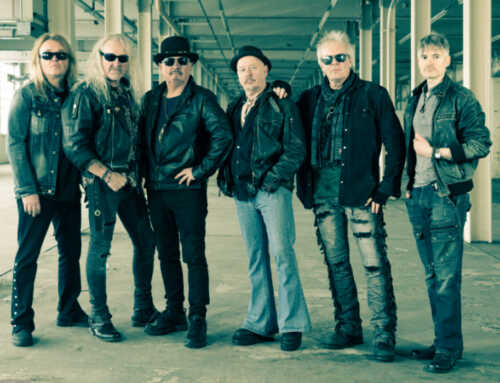
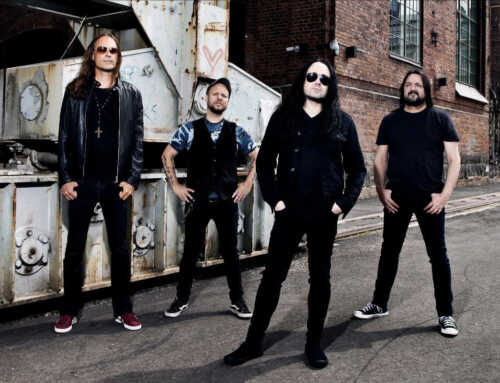
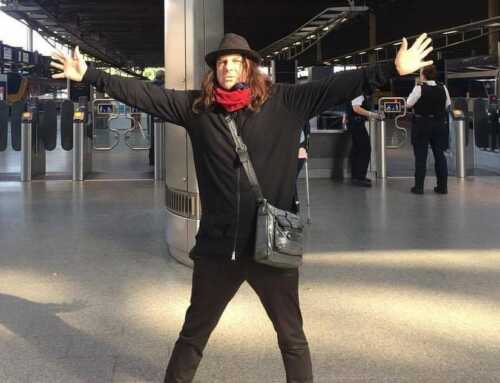

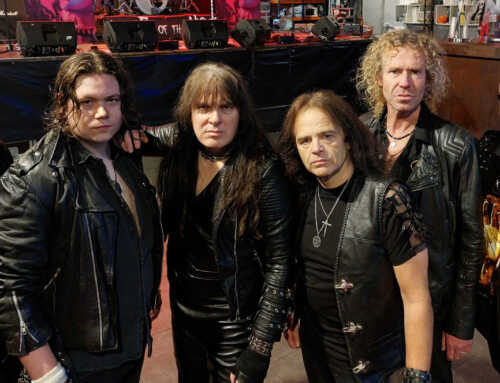
Leave A Comment